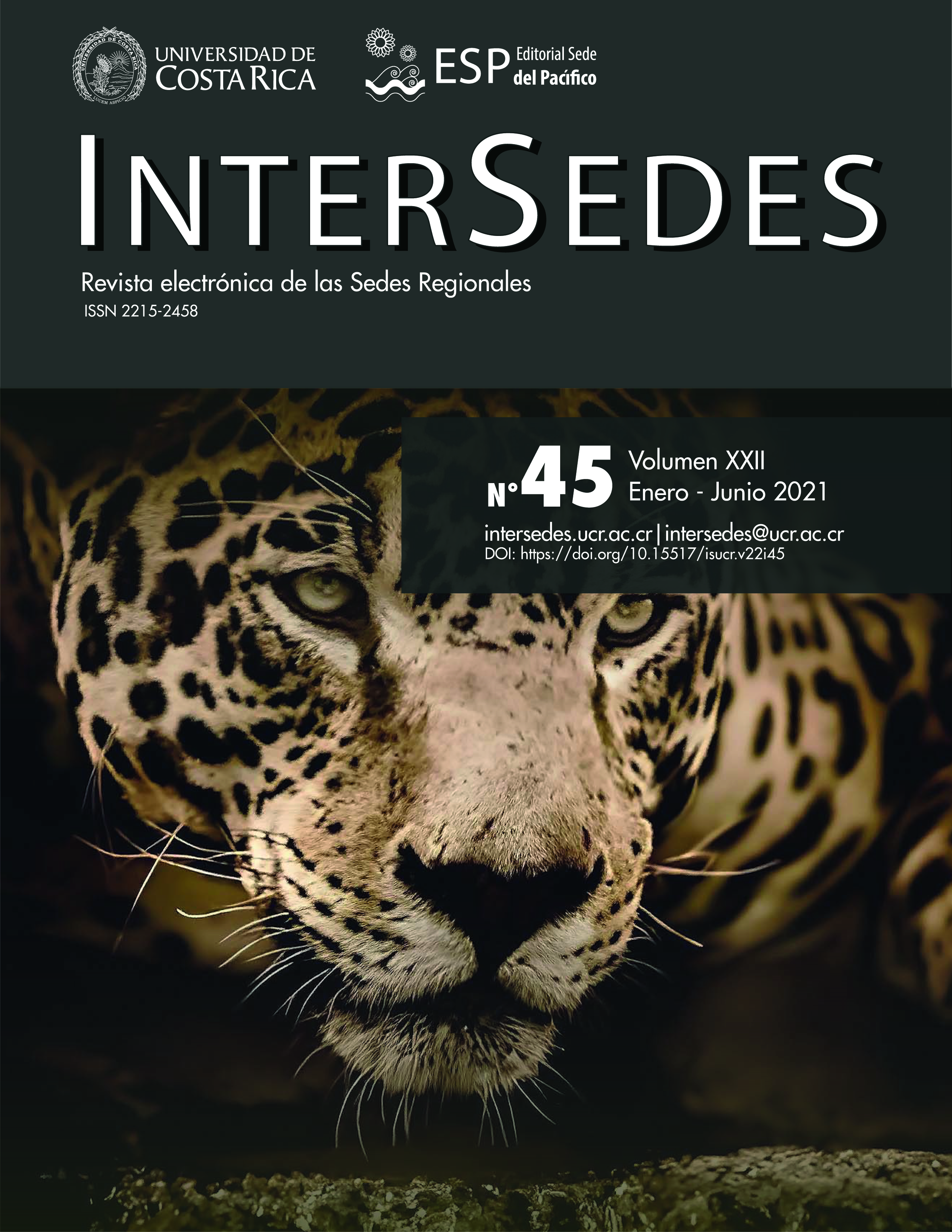Abstract
The present, ethnographic research with a qualitative approach was carried out with a population of 24 people from the canton of La Cruz, Guanacaste and sought to identify risk factors associated with suicidal behavior identified through the reports of survivors of cases of consummate suicide, and people who have made suicide attempts, residents in the canton of La Cruz, Guanacaste.
The information is analyzed based on the criteria of the Mental Health Determinants, proposed by the World Health Organization-WHO, which are delimited in four indicators: Biological, economic, sociocultural and environmental or ecological.
The research was conducted in one of the communities with the greatest vulnerability and with the highest rates of suicide attempts in the province of Guanacaste (Health Surveillance Directorate, Ministry of Health, 2018). It is an investigation interinstitutional and interdisciplinary research, which involves the University of Costa Rica, Ministry of Health and the Costa Rican Social Security Fund. The lifestyles dominated by a patriarchal culture where violence is present towards women, the inability to exercise traditional male roles, hopelessness and isolation in young people, feelings of insecurity for drug trafficking, hiring, human trafficking, are Some of the main risk factors found. The results are expected to generate an impact on local mental health policies and the processes of care for these populations.


